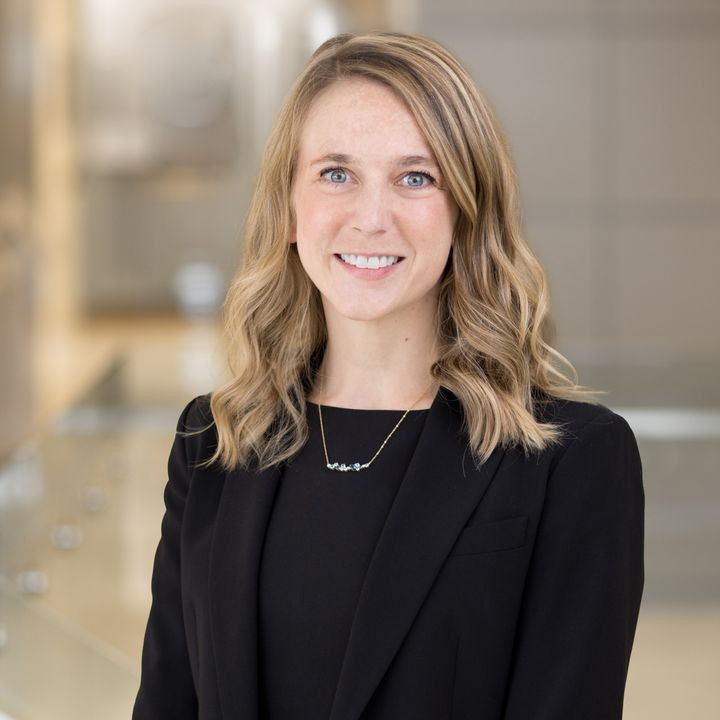New DoD Guidance Clarifies, and Restricts, Recovery under § 3610
Client Alert | 3 min read | 08.20.20
On August 18, 2020, the Acting Principal Director for Defense Pricing and Contracting (DPC) issued updated guidance regarding contractor and subcontractor reimbursement of paid leave costs under the CARES Act § 3610, including two key Class Deviations, both effective immediately. First, it issued Revision 1 to Class Deviation 2020-O0013, which revises and supersedes the original class deviation (issued April 8, 2020) to FAR 31 and DFARS 231, which added a new cost principle, DFARS 231.205-79, “CARES Act Section 3610 – Implementation,” governing the allowability of paid leave costs under § 3610. Second, it issued Class Deviation 2020-O0021, which establishes guidance for contracting officers to follow when reviewing and processing § 3610 requests for reimbursement, including detailed checklists that describe the cost and other information contractors should provide with their requests. It also establishes a new contract clause, DFARS 252.243-7999, “Section 3610 Reimbursement Requests,” to be used to reimburse approved costs. Together, these class deviations revise, clarify, and amplify the earlier version of Class Deviation 2020-O0013, which we discussed here.
Notably, the revision of Class Deviation 2020-O0013 shortens the period for which the cost of paid leave related to COVID-19 is allowable under DFARS 231.205-79 from January 31, 2020 through September 30, 2020, to March 27, 2020 through September 30, 2020. The revision explains that March 27, 2020 was the date the CARES Act was enacted into law and it did not provide for retroactive coverage. The guidance and the DPC’s updated Frequently Asked Questions make clear, however, that contracting officers may still reimburse the cost of paid leave provided between January 31, 2020 and March 27, 2020, if allowable under other contracting authorities (i.e., other than § 3610).
Class Deviation 2020-O0021 establishes structured processes for contractors and contracting officers to follow when making and reviewing such requests, including an “abbreviated” process for reimbursement requests under a single contract below $2 million; a “multipurpose reimbursement” process for requests related to a single contract or multiple “homogeneous groups of contracts,” such as contracts for a single program or with a single contracting activity or DoD Component; and a “global reimbursement” process for requests that seek reimbursement at a business unit or segment level, which should be submitted to the contractor’s assigned Cognizant Federal Agency Official.
The new guidance also addresses procedures for subcontractor requests, whether as part of a prime contractor’s own request or as a pass-through. All subcontractor requests are to be submitted to the prime and should include the same supporting information and documentation that is required from the prime contractor. Although the subcontractor must provide at least the amount of its request to the prime (for submission to the contracting officer), the subcontractor may submit all other supporting information directly to the contracting officer under separate cover. The guidance states that the prime contractor should evaluate its subcontractor’s submission and provide, with its own request, an opinion regarding the subcontractor’s eligibility as an “affected contractor.”
Following submission of a request, the contracting officer will determine, in writing, if the contractor is an “affected contractor,” the reimbursement amount, and the amount of funds available using the provided template Memorandum for Record. The contracting officer shall modify the affected contract(s) to provide for reimbursement through a bilateral modification that includes the new clause DFARS 252.243-7999 Section 3610 Reimbursement. (DEVIATION 2020-O0021). The clause requires contractors who receive any other relief specifically identified with the COVID-19 pandemic, such as credits or PPP loan forgiveness, to notify their contracting officer within 30 days, and to agree to a reduction in the reimbursement by the same amount received by other means up to the entire amount reimbursed under § 3610.
Although these processes are only guidance and contracting officers have discretion to tailor these processes to fit specific circumstances, contractors should expect contracting officers to hew closely to these processes and be prepared to provide the types of detailed cost and other information identified in the “checklists,” which apply to all contract types, including for commercial items.
The DPC also issued guidance regarding implementation of these deviations in connection with Other Transaction Authority Agreements. Crowell & Moring is continuing to monitor these developments.
Contacts
Insights
Client Alert | 4 min read | 03.04.26
Sixth Circuit Finds EFAA Arbitration Bar to Entire Case — Not Just Sexual Harassment Claims
The United States Court of Appeals for the Sixth Circuit held, in an issue of first impression for that court, that the Ending Forced Arbitration of Sexual Assault and Sexual Harassment Act of 2021 (EFAA) renders an employer’s pre-dispute arbitration agreement unenforceable as to a plaintiff's entire lawsuit, whenever the lawsuit includes a viable sexual harassment claim.
Client Alert | 3 min read | 03.02.26
Client Alert | 4 min read | 03.02.26
Client Alert | 3 min read | 02.27.26





